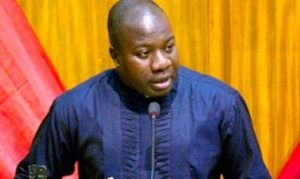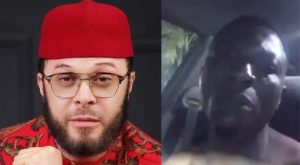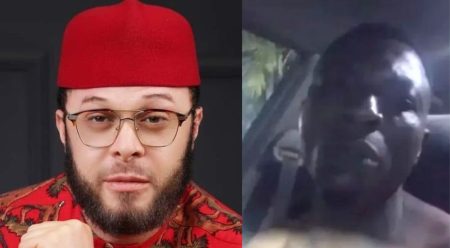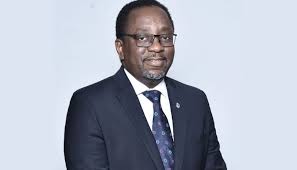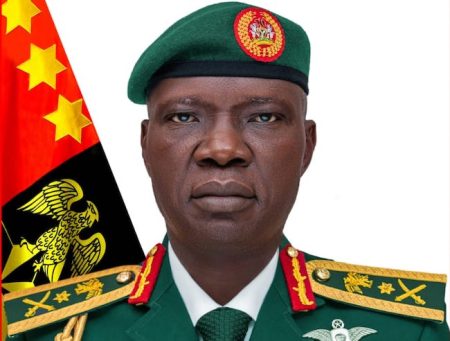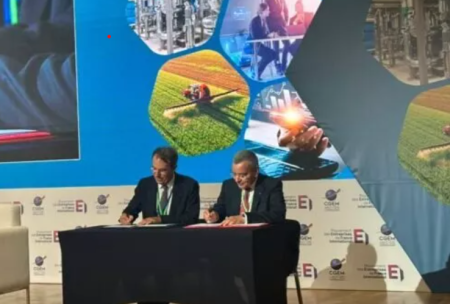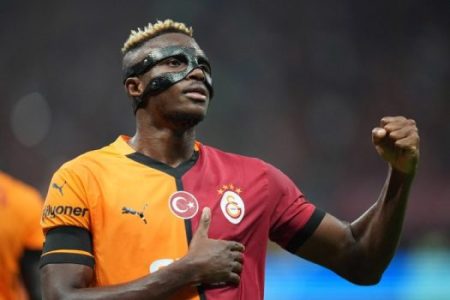Brazilian forward Vinicius Jr., who plays for Real Madrid, expressed his unwavering commitment to combating racism in football following his controversial second-place finish in the voting for the prestigious Ballon d’Or award. Despite facing significant challenges, including racial abuse in Spain, Vinicius remains undeterred, emphasizing that he will continue his activism regardless of the consequences. Sources close to him indicated that he believes his advocacy against racism may have played a role in his not securing the award, highlighting a pervasive issue in football: resistance to players who confront systemic injustices. Following Real Madrid’s decision to boycott the award ceremony in Paris, Vinicius took to social media, stating, “I will do it 10 times if I have to. They’re not ready,” referring to his dedication to fighting against racism.
Vinicius has been a focal point in discussions surrounding racism in sports, having faced repeated incidents of racial abuse during his career in Spain. The environment surrounding him is complex, with football politics often overshadowing individual achievements, especially for players who take a stand against discrimination. His management team pointed to the backlash he has received for his activism, suggesting a broader societal issue within football where players advocating for change may not always receive the recognition they deserve. Despite his activism seemingly influencing perceptions, his dedication continues to inspire many within the sport, and he remains a powerful voice for change.
In a year filled with remarkable performances, Vinicius was a key player in Real Madrid’s success, contributing to their Champions League and La Liga titles. Alongside him, 21-year-old Jude Bellingham made a significant impact in his debut season, showcasing his talent and helping England reach the Euro 2024 final. Vinicius’s contributions were undeniable, yet the decision of France Football, which organizes the Ballon d’Or, keeps alive the discourse around the award’s integrity and how it reflects the reality of players’ performances amidst prevailing biases.
The announcement of the award results sparked a wave of social media support from teammates and colleagues, who took to platforms to affirm Vinicius’s status as the best player in the world, regardless of the official recognition. Real Madrid player Eduardo Camavinga posted a heartfelt message on social media, reinforcing that no accolade could diminish Vinicius’s talent and contributions. Furthermore, Brazilian football legend Marta echoed similar sentiments, expressing her disbelief over Vinicius not receiving the recognition many felt he so rightly earned.
This situation encapsulates the conflict between individual excellence and institutional recognition, particularly within the realms of sports awards. The voting process for the Ballon d’Or, administered through a panel of journalists from the top FIFA-ranked nations, is often criticized for being influenced by biases that can overshadow players’ true performances and contributions. Vinicius, through his activism and skilled play, stands as a testament to the need for change not only in how players are recognized but also in how the sport addresses issues of racism and discrimination.
As Vinicius Jr. continues to advocate for racial equality within football, his determination serves as a rallying point for allies and supporters, who call for a more inclusive and equitable sporting world. Despite the challenges he faces, both personally and professionally, his message resonates beyond the field, inspiring a new generation of athletes to unify against discrimination. His stance underscores the importance of continued dialogue and action within the football community to combat racism, foster inclusivity, and ensure that all players are celebrated for their authentic contributions to the game.


